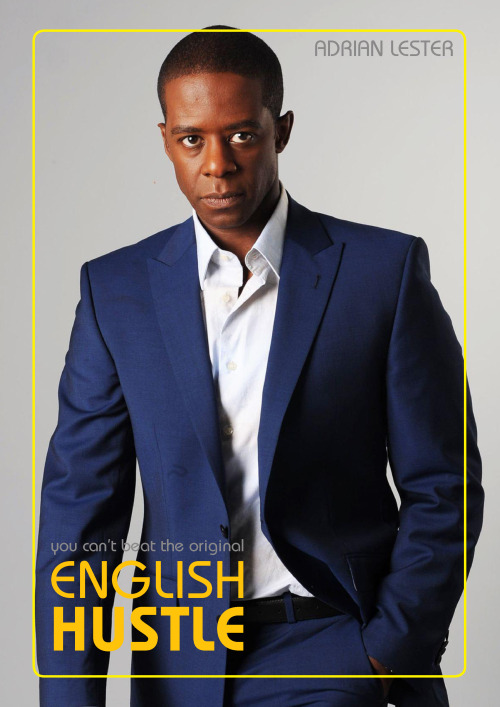Now I see 60 Minutes New Zealand is on the act: how there’s supposedly something “different” about ‘Asians’. (God, I hate that term—I am neither Japanese, Sri Lankan or Kazakh. Prior to Winston Peters being on the scene, I thought I was Chinese, or a Chinese New Zealander.) The report surmised that it’s all about the pressure we got as kids from our parents.
I wonder if there’s a Chinese edition of the programme investigating why Caucasians are physically stronger than we are, if we’re to buy in to a stereotype.
I don’t dispute that the report had merit, and that there was some statistical basis for it. It made people think, and, as with Wesley Yang’s article in New York, it prompts a response. Creating dialogue is a good thing. It would be nicer to see a follow-up along Wesley’s lines, on how many ‘Asians’ wind up in leadership positions.
But as I watched the programme, I kept wondering if somehow, the household I grew up in was anomalous, or whether TV3’s sample of three is representative enough of all ‘Asians’.
One mother paused for a long time before she said that it was her pushing her daughter. But was the question loaded? Could we have asked a mother from any other race in this country, whose daughter is excelling at school, to see what her answer would be? I’m willing to bet that there is an above-average level of parental involvement in most academically gifted children.
I had a pretty decent academic career. Like the kids on 60 Minutes, I came over as a child. English is my second language. I was Dux at St Mark’s Church School and Proxime Accessit at Scots College. I had the highest grades in my honours year for my BCA (Hons.) at Victoria University. (I didn’t do quite as well at law school, other than my intellectual property and jurisprudence papers, which gives you a hint of where my interests lay.) Getting 100 over a range of subjects is not unknown to me.
But this whole idea about tiger parenting, of parents pushing their children to excel, just seems foreign. Didn’t happen to me. (I was encouraged to have literacy and numeracy skills from a young age, but the reason for that is explained elsewhere. And it certainly wasn’t extreme as 60 Minutes wishes to make out—it was enough to nudge things in the right direction in the place I lived in.)
Everything I got in to, I got in to through dialogue. I didn’t learn the piano till I was 16. I picked up playing by ear in a couple of lessons. But I could have begun learning at five, because we moved into a flat whose previous tenant left her piano behind. My parents were willing to negotiate with our former neighbour to purchase it. I said I wasn’t interested. I was never forced into it. The movers came and Dad put his stereo and I put my toy cars where the piano used to be.
Similarly, I was never forced to attend Sunday school, the only place in which one could learn Chinese literacy in those days. It was suggested to me, on more than one occasion, but I declined. I wound up learning French.
I could draw in three dimensions when I was four years old because my father saw I had a love of doodling, and began drawing things at different angles. I copied him and the rest was left to me to develop. (I’m still reasonably good though the cars I draw tend to be stuck in the Life on Mars–Ashes to Ashes era.) My parents respected my interests and allowed them to flourish.
Despite coming first constantly, and despite an offer from St Mark’s to put me up a grade, my parents said, ‘We’d still be proud of you and we’d still love you even if you came second.’ I never did while there.
You know, I simply chose to score 100s because I reckoned I could. And took up stuff when I was good and ready. I like to think I turned out all right.
Having Confucian values is one thing, which the report hinted at, but that’s nothing to do with having pushy parents.
So for all those ‘Kiwi’ parents (the term was used on telly in a way that made me think: so, were my parents not Kiwis? Am I not a Kiwi? Why were we excluded?) watching the story and wondering if a hyper-competitive environment is right for their kids, stop that thinking now.
You now have a story with a sample of three, and the testament of one other. My recollection is that nurturing and conversation worked. Kids have an amazing ability to reason and work things out for themselves. And that’s how I got my good grades at school.






And great work demolishing the stereotype that Chinese culture encourages modesty too ;)
I am renowned throughout the solar system for my humility. :)
This is a well written response to this “Tiger” mentality. Thanks for sharing your story.
Thank you, X. I was not impressed with the reporting on 60 Minutes.